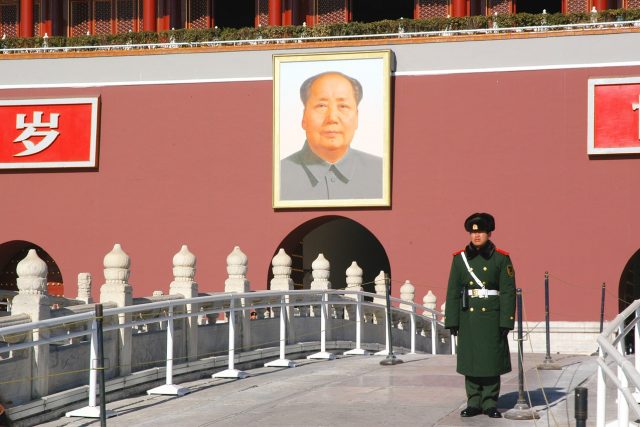China’s Standing Committee of the National People’s Congress (SNPC) Wednesday introduced revised amendments to the nation’s anti-espionage laws. The amendments are enforced by the Counter-Espionage Law of the People’s Republic of China of 2023. They are the first amendments to China’s espionage laws since 2014.Under previous law, threats to national security encompassed state secrets. However, the new provisions broaden the scope of foreign espionage to encompass any action, document, data and material which may be considered a threat to national security by state authorities. The reforms also expand the duties of law enforcement personnel in governing espionage activity, and the definition of spying has been amended to include cyberattacks.The reforms follow Chinese President Xi Jinping’s emphasis on strengthening national security. Accordingly, Article 1 of the Counter-Espionage Law states, “This Law is enacted in accordance with the Constitution in order to strengthen counter-espionage work, prevent, stop and punish espionage, maintain national security, and protect the interests of the people.” The amendments will go into effect in July 2o23.




The Most Read
Сryptocurrencies
Bitcoin and Altcoins Trading Near Make-or-Break Levels
Financial crimes
Thieves targeted crypto execs and threatened their families in wide-ranging scheme
Financial crimes
Visa Warning: Hackers Ramp Up Card Stealing Attacks At Gas Stations
News
Capitalism is having an identity crisis – but it is still the best system
Uncategorized
The 73-year-old Vietnamese refugee is responsible for bringing Sriracha to American consumers
Uncategorized
Electric Truckmaker Rivian, Backed By Amazon, Ford, Raises Whopping $1.3 Billion